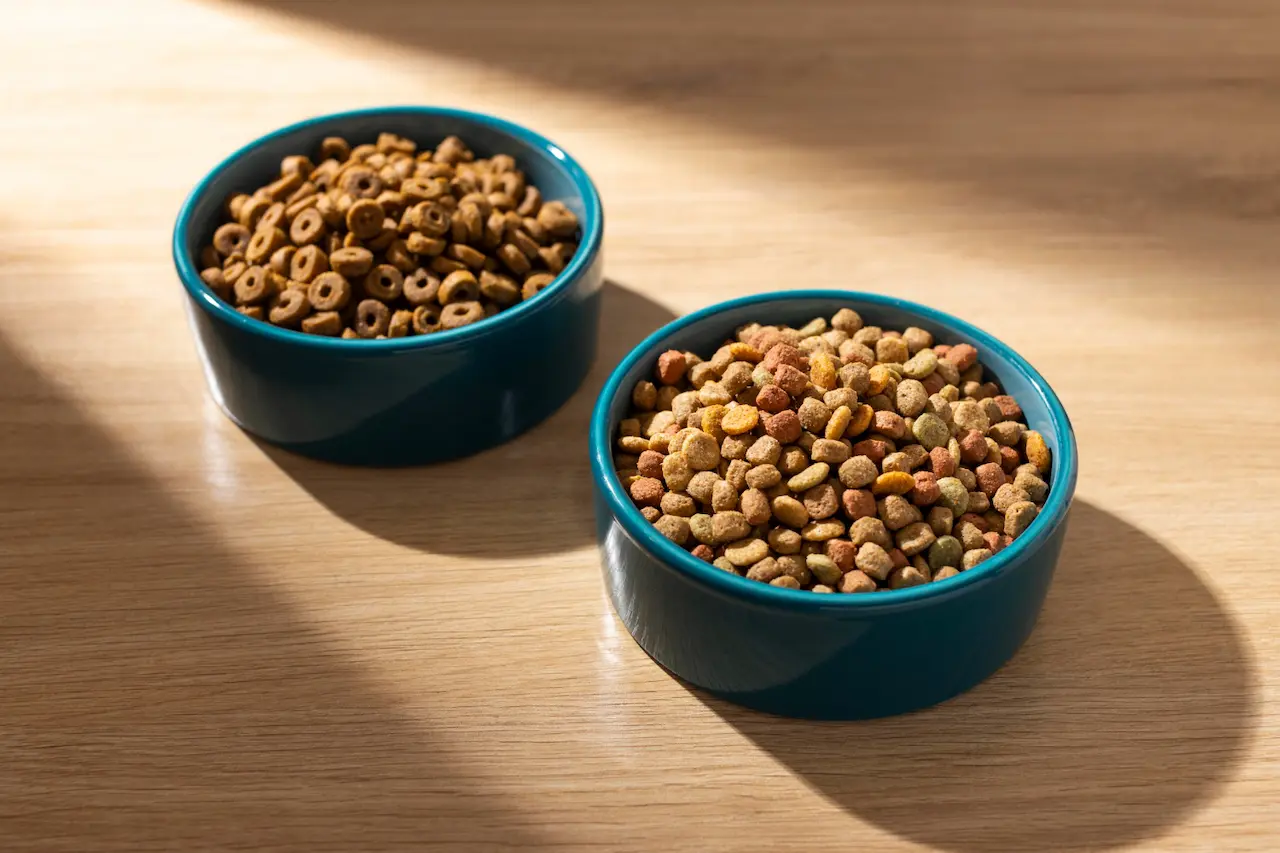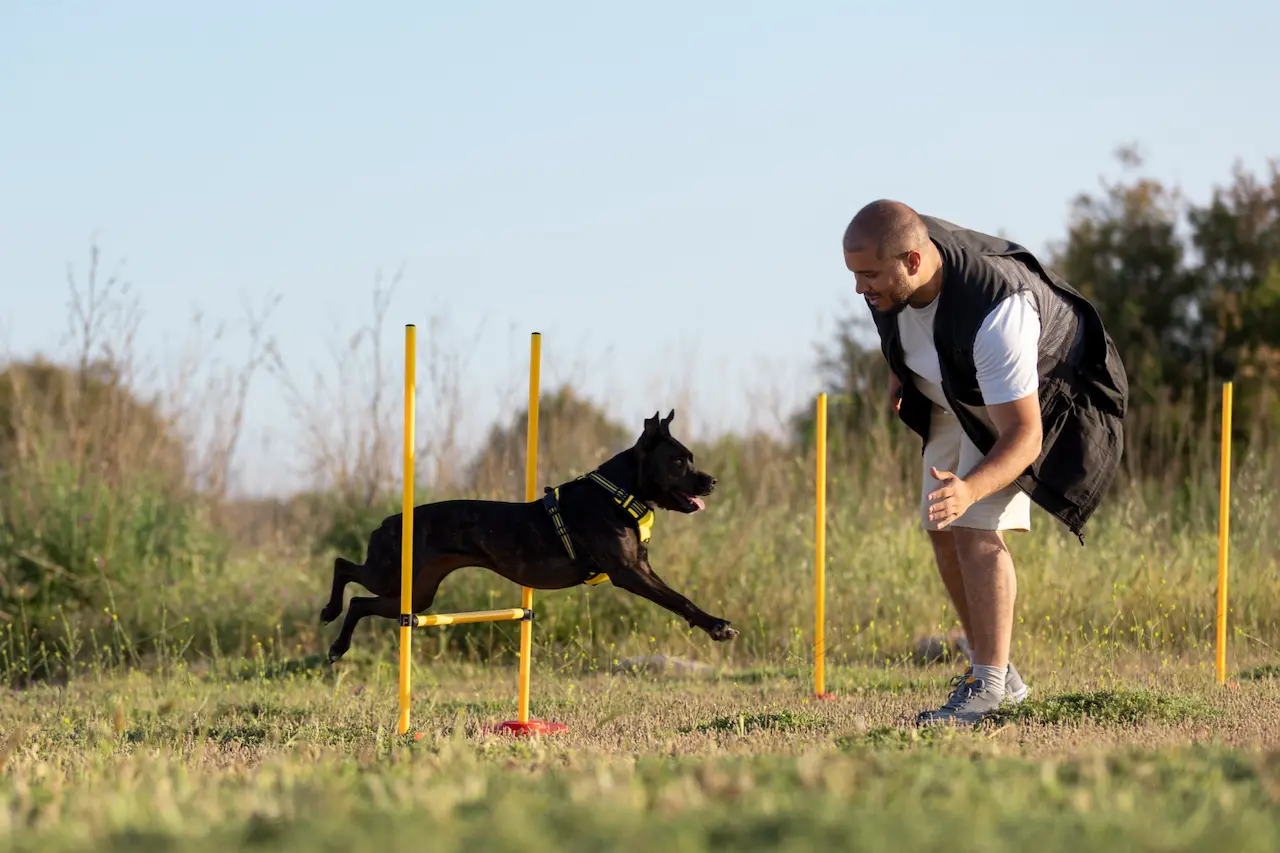Feeding chicken bones to dogs can be extremely hazardous and is generally not recommended due to several potential risks:
Splintering Hazard: Chicken bones, especially those that are cooked or brittle, have a high risk of splintering. When a dog chews on or tries to eat these bones, they can break into sharp fragments that may cause serious injuries to the dog’s mouth, throat, or digestive tract.
Choking Risk: Small bones, like those found in chicken wings or drumsticks, can pose a choking hazard. Dogs may attempt to swallow these bones whole, and if they are not chewed properly, they can become lodged in the throat, leading to choking.
Digestive Obstruction: Bones, once ingested, can cause digestive blockages or obstructions. Sharp bone fragments can pierce the digestive tract or create a blockage, resulting in severe pain, vomiting, and diarrhea and potentially requiring surgical intervention.
Pancreatitis Risk: The high-fat content in chicken bones can trigger pancreatitis in dogs. Pancreatitis is an inflammatory condition of the pancreas that can lead to abdominal pain, vomiting, and diarrhea. It can be a serious and potentially life-threatening condition.
Bacterial Contamination: Raw or undercooked chicken can carry harmful bacteria such as Salmonella or Campylobacter, which can pose health risks to both dogs and humans. Cooking the chicken thoroughly can reduce this risk, but it’s still safer to avoid feeding bones altogether.
Dental Damage: Chewing on hard bones can potentially cause dental fractures or damage to a dog’s teeth. This is especially true for cooked bones, which are harder and more prone to causing dental issues.
Given these risks, it is generally recommended to avoid giving dogs chicken bones, whether cooked or raw. If you want to incorporate bones into your dog’s diet, it’s safer to choose specially designed and processed bones available at pet stores, like raw bones that are large, non-splintering, and suitable for chewing.
Always consult with your veterinarian before introducing new foods into your dog’s diet or if you have any concerns about their nutrition and safety. If you suspect your dog has ingested chicken bones or is experiencing any adverse effects, seek veterinary attention promptly.



